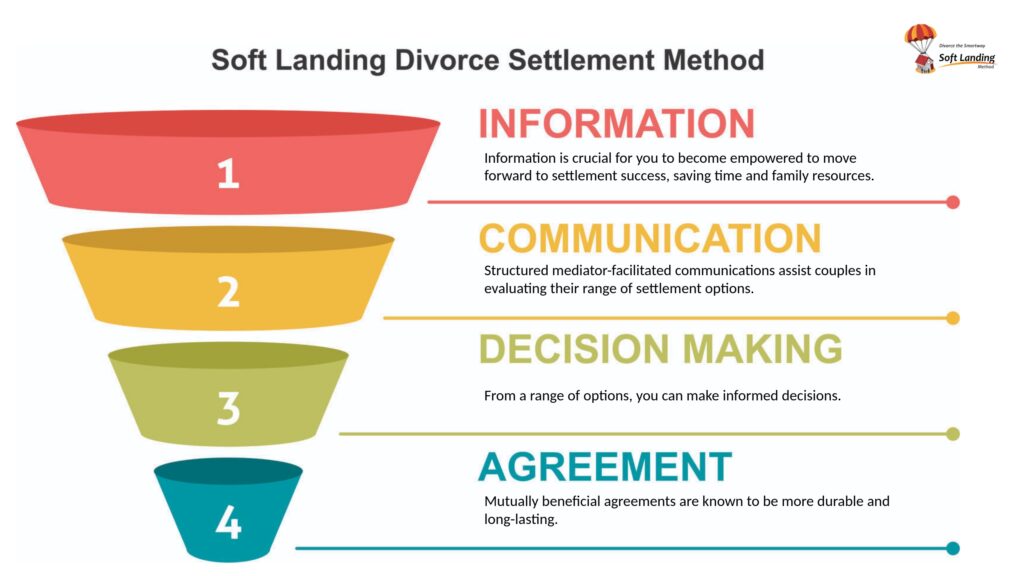What Happens to Life Insurance When You Divorce? What Every Couple Should Know

Understanding Life Insurance in Ontario Divorce: Key Considerations
Explore the critical role of life insurance in Ontario divorce cases and how it impacts financial security for both parties
When all is well and good during a marriage, spouses usually take on life insurance policies to protect their loved ones in case something terrible happens. Along the line, a divorce might be the reality, and it is possible to forget about the life insurance policy in the chaos of the divorce process. This is a mistake, as a life insurance policy is very important during the divorce settlement process. If you have questions about what happens to a life insurance policy during a divorce or separation, read on.
During a divorce, the assets of the couple are usually split evenly. However, this doesn’t apply to life insurance coverage. If there are children in the marriage, the court could order one of the spouses to pay spoual or child support.
As a result of this, the divorce settlement usually stipulates that there is life insurance coverage with the child or the receiving spouse as the beneficiary. This is in order to ensure that if the spouse paying alimony dies, there are still available funds to cover the divorce obligations.
If there is an existing life insurance policy before the divorce, it would have to be maintained after the divorce. If the supporting spouse doesn’t have life insurance coverage at the time of the divorce, he would need to get one in order to cover the divorce obligations.
Court-ordered life insurance in a divorce means the court mandates one party to maintain a life insurance policy, usually to secure financial obligations. Before taking action, consult a divorce mediator or financial analyst.
After divorce, joint life insurance policies might need adjustments in terms of beneficiaries and ownership. Consult a divorce mediator or a certified divorce financial analyst for guidance.
Yes, you can get life insurance on an ex-spouse, especially if there are financial obligations like child support. Always consult a divorce mediator or financial analyst before taking out such policies.
Yes, a policyholder can change beneficiaries, but there might be legal implications during divorce proceedings. Before making any decisions, consult a divorce mediator or a certified divorce financial analyst.
Divorce can impact life insurance in terms of beneficiaries, policy ownership, and premium payments. Before making any changes, consult a divorce mediator or a certified divorce financial analyst.
Yes, life insurance remains valid after divorce. However, beneficiaries and other terms might need to be reviewed. Always consult a divorce mediator or financial analyst before making changes.
Yes, a life insurance policy can be considered a marital asset. Before making any decisions, it’s essential to seek guidance from a divorce mediator or a certified divorce financial analyst
Yes, you can retain your life insurance after divorce. However, it’s essential to review the policy terms and beneficiaries. Before making decisions, consult a divorce mediator or a certified divorce financial analyst.
Ken Maynard CDFA, Acc.FM
I assist intelligent and successful couples in crafting rapid, custom separation agreements that pave the way for a smooth transition towards a secure future. This efficient process is achieved in about four meetings, effectively sidestepping the excessive conflicts, confusion, and costs commonly linked to legal proceedings. Clients have the flexibility to collaborate with me either via video conference or in-person through a DTSW associate at any of our six Greater Toronto mediation centers, located in Aurora, Barrie, North York, Vaughan, Mississauga, and Scarborough.
Have a few questions - Tap here to Schedule a Get Acquainted Call



















































